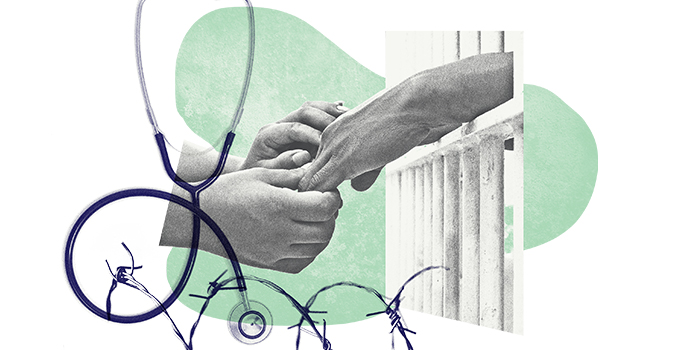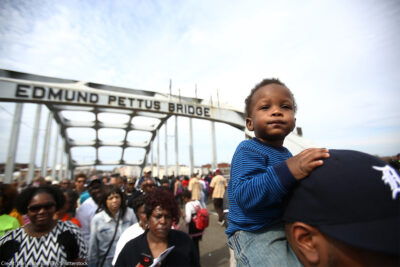Human Rights and Racial Justice
The ACLU works in courts, legislatures, and communities to defend and preserve the individual rights and liberties that the Constitution and the laws of the United States guarantee everyone in this country.

The Latest
Explore More
What's at Stake
The United States has made significant progress in recent decades on eliminating racism and structural discrimination, but there is still a long way to go and much work to be done to combat all forms of racism and racial discrimination, from the criminal justice system and the housing market to the education system and beyond.
The United States has ratified the International Convention on the Elimination of All Forms of Racial Discrimination (ICERD), but it has failed to fully implement the treaty. As a result, the United States has fallen behind much of the rest of the world in some significant areas of racial justice.
Policies and practices at the federal, state, and local levels continue to disproportionately burden racial and ethnic minorities. Minorities are unfairly victimized by racial profiling. People of color are profiled while they drive, shop, pray, stand on the sidewalk waiting for work, or travel on airplanes, trains, and buses. In addition, racial minorities are often subject to police brutality, unfair housing and loan practices, harsher disciplinary methods in schools, and a subpar quality of education.
Race has been inextricably woven into the fabric of the international human rights framework from the beginning. The ACLU works within this framework to advocate for racial equality and fight discrimination at all levels of government. It calls upon the United States to heed its obligations under international human rights treaties and address these inequalities once and for all, specifically by forming a plan of action to fully comply with ICERD.
The United States has made significant progress in recent decades on eliminating racism and structural discrimination, but there is still a long way to go and much work to be done to combat all forms of racism and racial discrimination, from the criminal justice system and the housing market to the education system and beyond.
The United States has ratified the International Convention on the Elimination of All Forms of Racial Discrimination (ICERD), but it has failed to fully implement the treaty. As a result, the United States has fallen behind much of the rest of the world in some significant areas of racial justice.
Policies and practices at the federal, state, and local levels continue to disproportionately burden racial and ethnic minorities. Minorities are unfairly victimized by racial profiling. People of color are profiled while they drive, shop, pray, stand on the sidewalk waiting for work, or travel on airplanes, trains, and buses. In addition, racial minorities are often subject to police brutality, unfair housing and loan practices, harsher disciplinary methods in schools, and a subpar quality of education.
Race has been inextricably woven into the fabric of the international human rights framework from the beginning. The ACLU works within this framework to advocate for racial equality and fight discrimination at all levels of government. It calls upon the United States to heed its obligations under international human rights treaties and address these inequalities once and for all, specifically by forming a plan of action to fully comply with ICERD.




